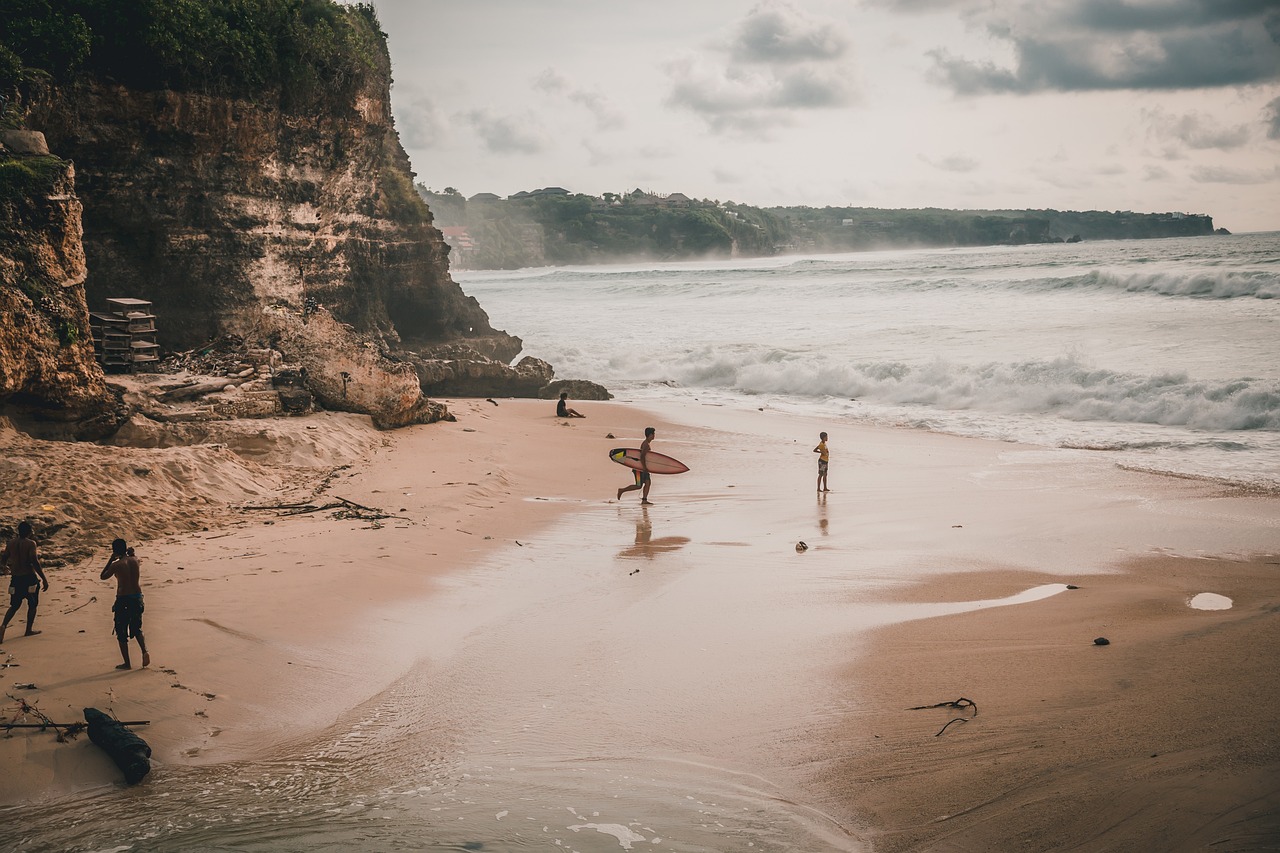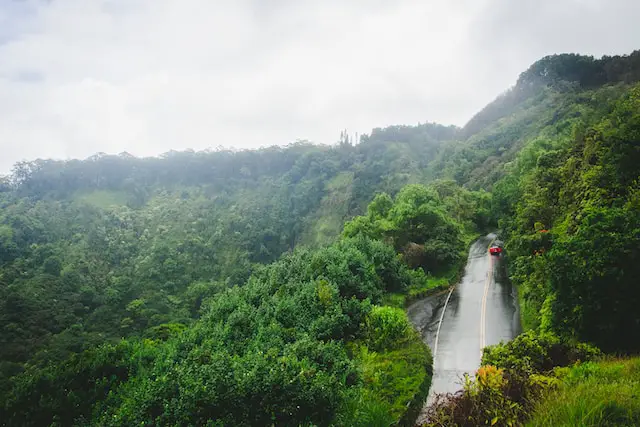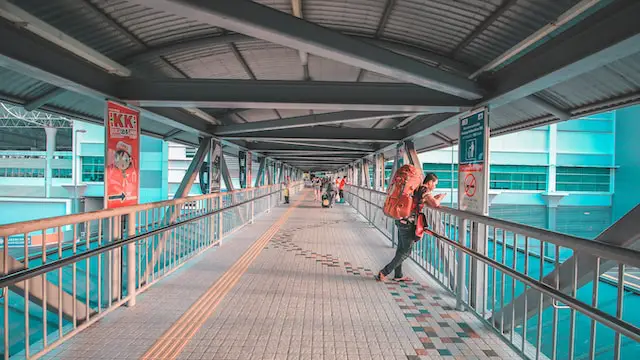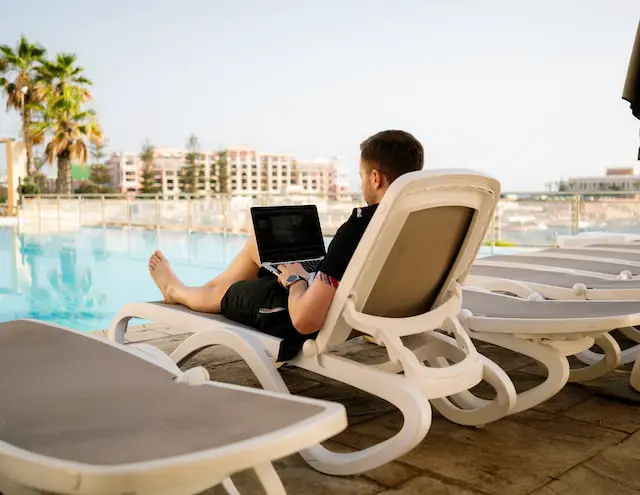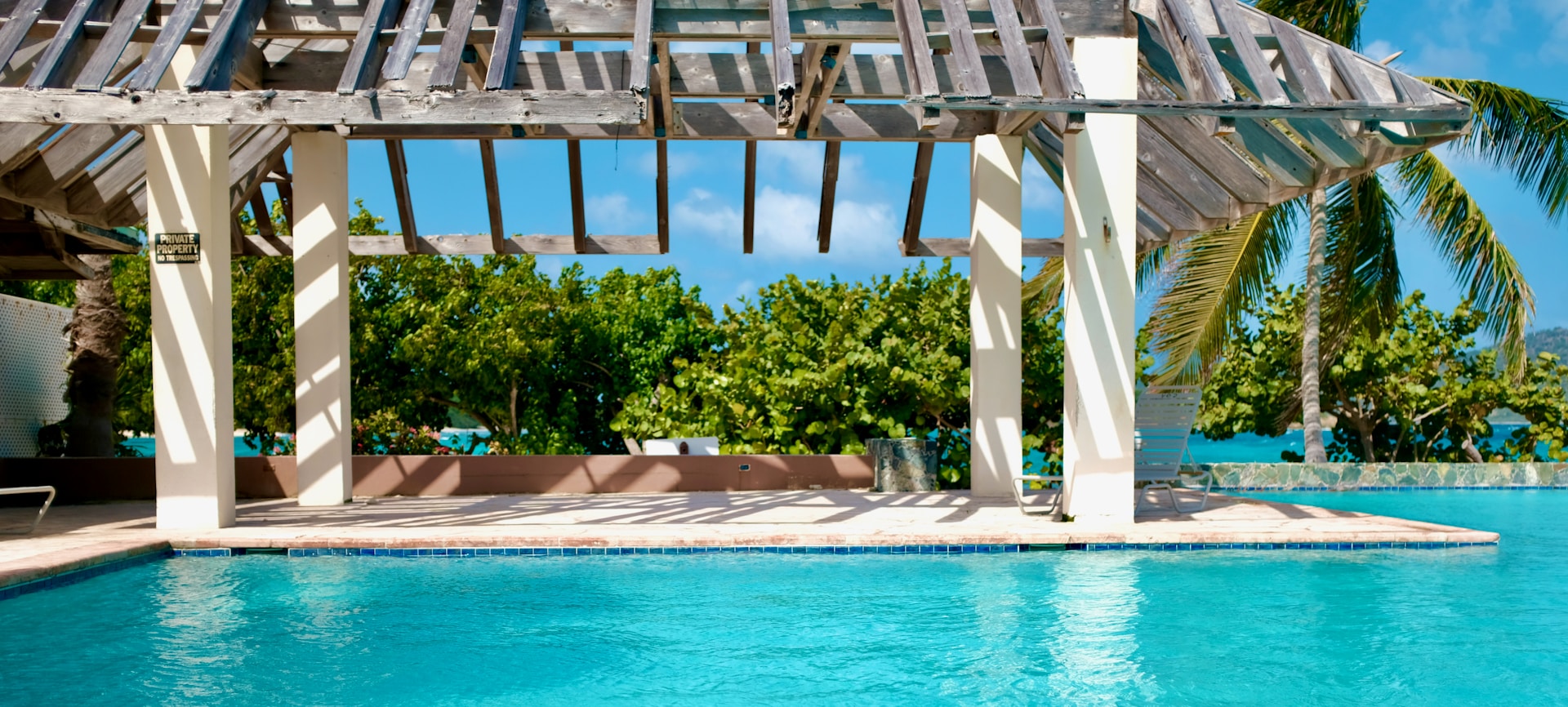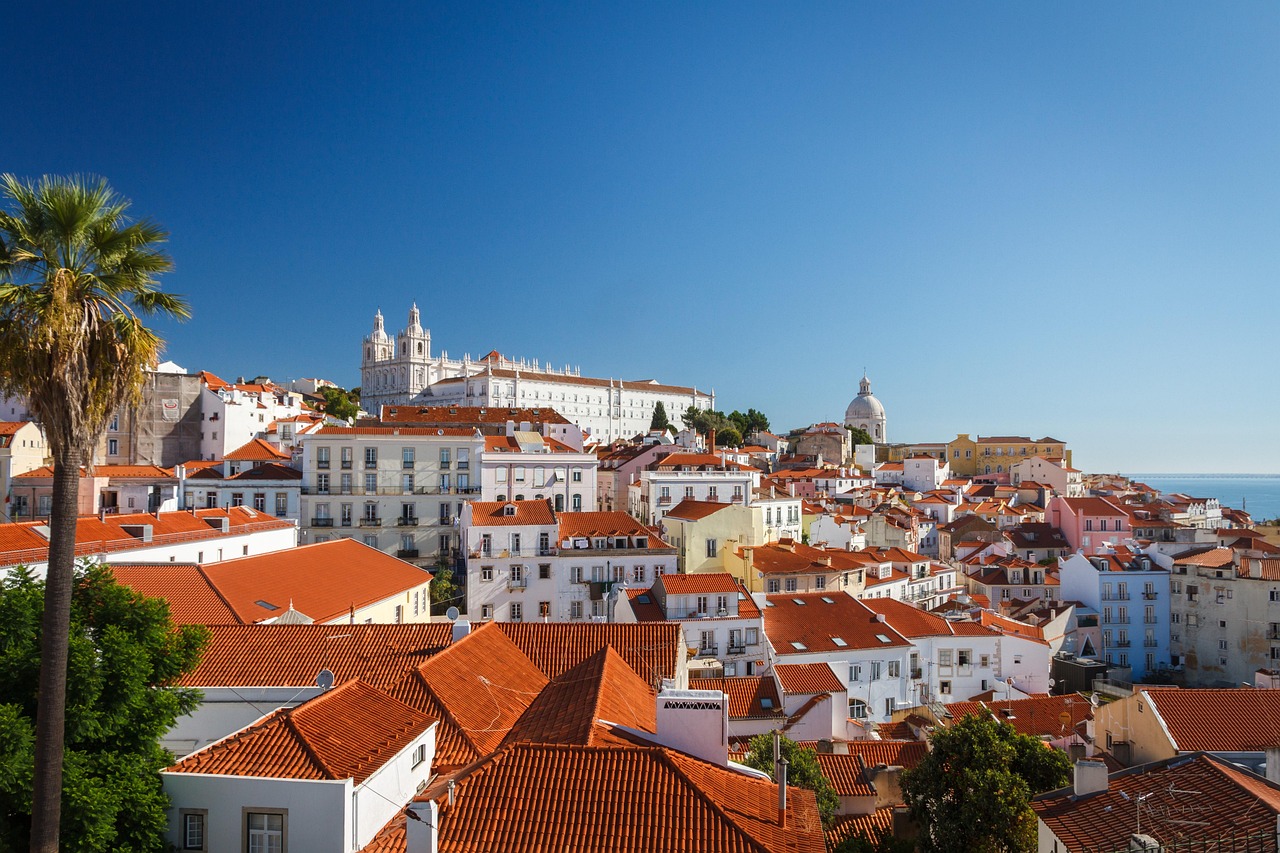In an era where remote work, digital nomadism, and global mobility are reshaping how people live and work, several countries are rolling out innovative programs to attract new residents. These nations, facing challenges like rural depopulation, aging populations, or the need for skilled workers, are offering financial incentives to entice individuals and families to relocate. From cash grants and housing subsidies to tax breaks and startup funding, these relocation programs provide a unique opportunity for those seeking a fresh start abroad. Below, we explore the top countries offering money to relocate in 2025, detailing their incentives, eligibility criteria, and the lifestyle benefits that come with making the move.
Why Countries Pay People to Relocate
Before diving into the list, it’s worth understanding why countries are willing to pay people to move. The motivations vary but often center around demographic and economic challenges:
Population Decline: Many rural areas and small towns are losing residents due to urbanization or low birth rates, threatening local economies and services like schools and businesses.
Economic Revitalization: By attracting new residents, countries aim to boost local economies through spending, entrepreneurship, and job creation.
Talent Attraction: Some nations seek skilled professionals, entrepreneurs, or digital nomads to fill labor shortages or drive innovation.
Tourism and Global Visibility: Relocation programs can put lesser-known regions on the map, attracting tourism and investment.
Community Sustainability: New residents help maintain cultural traditions, support infrastructure, and ensure communities thrive for future generations.
With these goals in mind, let’s explore the top countries offering financial incentives to relocate in 2025, based on recent data and trends.
- Spain: Cash for Families and Digital Nomads
Spain has become a leader in relocation incentives, particularly in its rural regions facing depopulation. The small village of Ponga in Asturias offers a compelling program, providing €3,000 (approximately $3,250) per family and an additional €3,000 per child to those who commit to living there for at least five years. This initiative aims to breathe life into a village with fewer than 800 residents, many of whom are elderly. The region’s lush green hills, traditional festivals, and Mediterranean climate make it an attractive destination for families seeking a slower pace of life.
In addition, Spain’s Extremadura region targets digital nomads, offering grants of up to €10,000 (around $10,850) for those under 30 who relocate to areas with fewer than 5,000 residents for at least two years. An additional €5,000 is available for those who stay a third year. Spain also runs an Entrepreneur’s Visa program, providing up to $50,000 in funding and a one-year visa for those starting businesses. The combination of financial support, affordable living, and a vibrant cultural scene makes Spain a top choice for relocation.
Eligibility: Families or individuals must commit to long-term residency (5 years for Ponga, 2–3 years for Extremadura). Digital nomads need to participate in Spain’s digital nomad visa program, and entrepreneurs must present a viable business plan.
Lifestyle Perks: Mediterranean climate, historic villages, affordable living, and access to Spain’s renowned cuisine and festivals.
- Italy: €1 Homes and Cash Grants
Italy’s relocation programs have gained international attention, particularly its €1 home initiatives in regions like Sicily, Calabria, and Sardinia. Towns such as Sambuca di Sicilia and Candela offer homes for as little as €1, provided buyers renovate within a set period (typically three years, with costs starting at €15,000). Additionally, Candela provides cash incentives of €800 ($870) for individuals and up to €2,000 ($2,175) for families who establish permanent residency and meet a minimum income requirement of €7,500 annually.
In Calabria, the regional government offers up to €28,000 (about $30,350) over three years to individuals under 40 who move to villages with fewer than 2,000 residents and either start a business or fill an in-demand job. Sardinia provides €15,000 ($16,250) grants for home purchases or renovations in small municipalities, requiring full-time residency within 18 months. These programs aim to combat the exodus of young Italians and revitalize rural communities.
Eligibility: Buyers must renovate €1 homes within a specified timeframe. Cash grants require residency, age limits (under 40 for some programs), and economic contributions like starting a business or securing employment.
Lifestyle Perks: Historic architecture, stunning coastlines, world-class cuisine, and a relaxed Mediterranean lifestyle.
- Greece: Island Living with Monthly Stipends
Greece is addressing population decline on its remote islands, such as Antikythera, which has fewer than 50 residents. The Greek Orthodox Church offers a unique program, providing families with three or more children a monthly stipend of €500 ($540) for three years, along with free housing and food. The goal is to repopulate the island and restore its community vibrancy. Antikythera’s tranquil beaches, crystal-clear waters, and tight-knit community appeal to those seeking a remote, idyllic lifestyle.
Eligibility: Families with multiple children are prioritized. Applicants must commit to living on the island for at least three years and integrate into the community.
Lifestyle Perks: Stunning Mediterranean scenery, a relaxed pace of life, and a chance to live on a nearly private island with rich history and culture.
- Ireland: Grants for Coastal Island Living
Ireland’s Our Living Islands program targets its 30 coastal islands, which have a combined population of just 3,000. The initiative offers grants of up to €84,000 ($91,000) to individuals who purchase and renovate vacant homes built before 2007 and unoccupied for at least two years. The program aims to diversify island economies, improve healthcare and wellbeing services, and empower communities. Foreign nationals are eligible, but they must navigate Ireland’s immigration process independently.
Eligibility: Applicants must buy and renovate a qualifying property and establish it as their primary residence. Permanent residency and investment in local activities are required.
Lifestyle Perks: Breathtaking coastal landscapes, rich cultural heritage, and vibrant community life with traditional music and festivals.
- Switzerland: Alpine Living with Generous Payments
The small Alpine village of Albinen, Switzerland, with just 200 residents, offers one of the most generous relocation packages: 25,000 Swiss Francs ($28,500) per adult and 10,000 Swiss Francs ($11,400) per child. To qualify, applicants must be under 45, purchase a home worth at least 200,000 Swiss Francs ($228,000), and commit to living there for 10 years. The program aims to prevent the closure of local schools and businesses due to a shrinking population.
Eligibility: Applicants must be Swiss citizens or hold a permanent residency permit, buy a qualifying home, and stay for a decade. The age limit ensures younger families are prioritized.
Lifestyle Perks: Stunning Alpine scenery, high quality of life, excellent public services, and a peaceful, small-town atmosphere.
- Chile: Startup Funding for Entrepreneurs
Chile is positioning itself as a global tech hub through its Start-Up Chile program, which offers significant funding for entrepreneurs. The program includes three tiers: Build (15 million Chilean pesos, ~$15,400), Ignite (25 million pesos, ~$25,600, with potential for an additional 20 million pesos), and Growth (75 million pesos, ~$77,000). These equity-free grants come with a four- to eight-month accelerator program, making Chile attractive for tech startups and innovators.
Eligibility: Applicants must present a viable business plan and commit to a one-year visa. The program targets early-stage and expansion-stage startups.
Lifestyle Perks: Diverse landscapes from the Atacama Desert to Patagonia, a growing tech scene, and a vibrant cultural life.
- Canada: Tax Rebates for Skilled Graduates
Canada’s Saskatchewan province offers the Graduate Retention Program, providing up to CAD 20,000 ($15,000) in tax rebates to graduates from approved institutions who stay in the province for at least seven years. The program targets young professionals to bolster the local workforce and economy. Saskatchewan combines urban amenities with access to vast natural landscapes, making it appealing for those seeking affordability and opportunity.
Eligibility: Graduates must have attended an approved institution and commit to seven years of residency. Proof of employment or economic contribution is required.
Lifestyle Perks: Affordable living, modern urban centers, and access to Canada’s natural beauty, including lakes and prairies.
- Portugal: Tax Breaks and Rural Grants
Portugal is attracting digital nomads and entrepreneurs through its D7 visa program, which allows remote workers to live tax-free for up to 10 years. Additionally, rural areas offer renovation grants for those restoring old homes, covering part of the costs. The Tech Visa program provides up to €5,000 ($5,400) for tech entrepreneurs starting businesses in cities like Lisbon or Porto.
Eligibility: Remote workers need proof of income, while entrepreneurs must submit a business plan. Rural grants require property renovation and residency commitments.
Lifestyle Perks: Sunny weather, affordable living, world-class wine, and a growing tech ecosystem.
- Croatia: Affordable Homes in Legrad
The town of Legrad, Croatia, offers homes for just 13 cents, with up to $4,000 in renovation assistance for those under 40 with no criminal record or existing property ownership. The program requires a 15-year residency commitment to revitalize the rural community. Croatia’s laid-back lifestyle and scenic countryside make it an appealing destination.
Eligibility: Applicants must be under 40, in a relationship or married, and commit to long-term residency and home renovation.
Lifestyle Perks: Peaceful rural living, affordable costs, and proximity to Croatia’s Adriatic coast.
- New Zealand: Land and Visa Incentives
New Zealand’s Kaitangata offers land and housing packages for $165,000, significantly below the national median home price. The country’s digital nomad visa and Entrepreneur Work Visa provide additional incentives, including grants for remote workers and business starters. These programs aim to attract skilled professionals to rural and developing areas.
Eligibility: Applicants need relevant skills, a job offer, or proof of remote work capabilities. Entrepreneurs must present a business plan.
Lifestyle Perks: Pristine nature, adventure opportunities, and a high standard of living.
Other Notable Mentions
Mauritius: Offers 20,000 MUR ($440) to entrepreneurs starting businesses, with tax-friendly policies.
Taiwan: Provides business grants and the Gold Card Visa for skilled professionals, with low living costs.
Mexico: Offers up to $10,000 in grants for professionals in smaller cities, targeting engineers and medical workers.
Denmark: Provides startup grants and access to healthcare and welfare for entrepreneurs.
Japan: The Regional Revitalization Program offers up to ¥4.8 million ($31,725) for those moving to rural areas, requiring a high level of Japanese proficiency.
How to Choose the Right Destination
When considering relocation, financial incentives are just one factor. Here are key considerations to ensure a successful move:
Cost of Living: Compare expenses like housing, groceries, and healthcare to ensure incentives offset costs.
Job Opportunities: Ensure the region aligns with your career, especially for programs targeting specific professions.
Cultural Fit: Consider language barriers, cultural compatibility, and community integration.
Visa and Residency Requirements: Research visa processes and long-term residency obligations.
Quality of Life: Evaluate climate, infrastructure, healthcare, and lifestyle preferences.
How to Apply
Research Programs: Check official government websites or platforms like VisaVerge.com for up-to-date details.
Check Eligibility: Confirm you meet requirements like age, skills, or financial stability.
Prepare Documents: Gather proof of qualifications, income, or business plans.
Submit Applications: Apply through online portals or local authorities, tracking progress as needed.
Follow Up: Respond promptly to requests for additional information or interviews.
Conclusion
Relocating to a new country with financial incentives offers a rare opportunity to start fresh while contributing to local communities. From Spain’s family-focused grants to Chile’s startup funding, these programs cater to diverse groups, including families, digital nomads, and entrepreneurs. By carefully researching eligibility, lifestyle benefits, and long-term commitments, you can find a destination that aligns with your goals. Whether you’re drawn to Italy’s historic villages, Greece’s serene islands, or New Zealand’s natural beauty, 2025 is an ideal time to explore these life-changing opportunities. For more details, consult official government sources or immigration platforms like Alliance Visas (info@alliancevisas.com) or VisaVerge.com.

